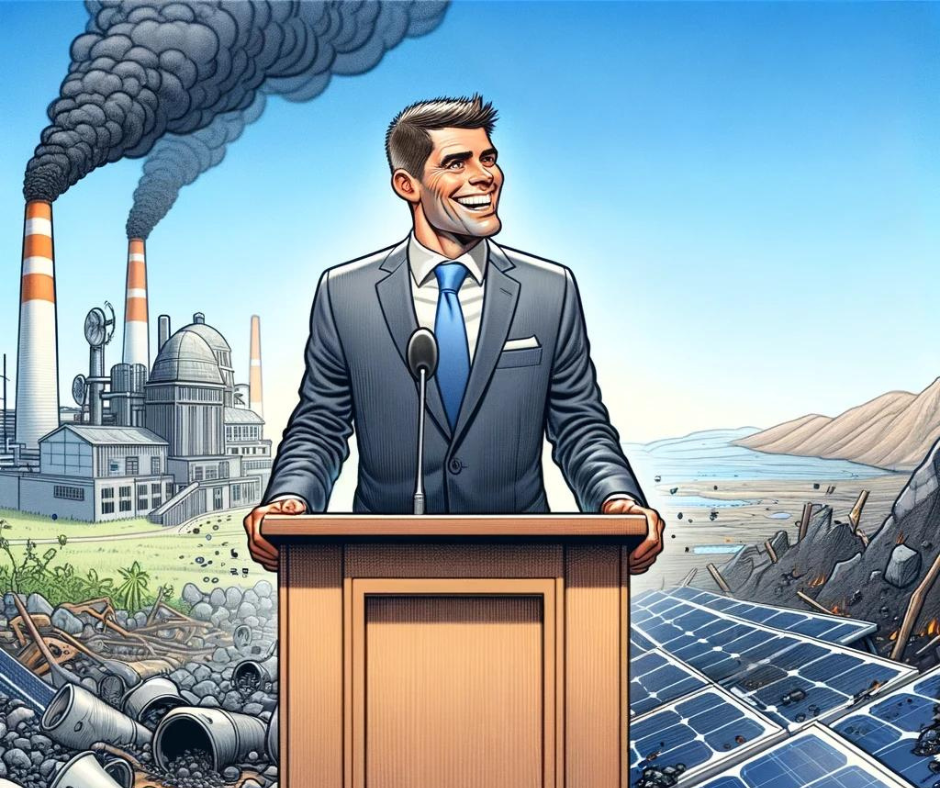Nobel Prize winner's warning about political spending on climate change
Last week, economist William Nordhaus of Yale won the Nobel Prize in economics in part for his work on the economics of climate change. He favors putting a price on CO2 emissions, which would seem to favor I-1631, the carbon tax initiative voters face this November. A closer look at his work, however, suggests otherwise.
In his book “A Question of Balance,” about climate change and his modeling, Nordhaus wars against the type of politically directed spending that is at the center of I-1631. He says, “…it is tempting to use subsidies for ‘clean’ or ‘green’ technologies as a substitute for raising the price of carbon emissions. This is an economic and environmental snare to be avoided.”
Nordhaus notes there are several problems with using political expenditures to guide CO2 reduction. First, he notes, “the calculation of an appropriate subsidy for a particular activity would be a horrendously complicated task.” Politicians simply can’t figure out appropriate price to pay for various carbon-reduction efforts.
The initiative even promotes subsidies of dubious merit, saying money “may be invested in pilot tests…that are designed to test the effectiveness of the proposed project, program or technology.” It also promotes funding for ideological projects like tolling state roads, where the carbon-reduction impact is questionable. The board is given free rein to ignore the difficult calculation entirely and justify expenditures that are unlikely to yield results.
Second, he says “the existence of subsidies encourages a pell-mell race for benefits – an environmental form of rent-seeking activity. Ethanol subsidies which are rapidly turning into an economic nightmare by diverting precious agricultural resources to the inefficient production of energy, are a case study in the folly of subsidies.” In fact, I-1631 encourages exactly this type of activity, by telling members of the Environmental and Economic Justice Panel that they can receive grants from that panel.
Finally, Nordhaus notes, “subsidies have the public-finance problem of requiring revenues, which would involve raising the inefficiency of the tax system.” The supporters of I-1631 admit the taxes will increase economic harm and include a variety of expenditures to mitigate it, including paying the salaries of those who lose their jobs and subsidies for low-income families hit by the taxes.
Again, Nordhaus believes that climate change has an impact and that we should do something about it. He also believes some expenditures can be made in basic research, where businesses tend to under invest. However, he speaks negatively about government preferences and subsidies, like the expenditures guided by the unelected 15-member board that is the centerpiece of the initiative. Nordhaus says that beyond putting a price on CO2 emissions, “the rest is at best rhetoric and may actually be harmful in inducing economic inefficiencies.”





